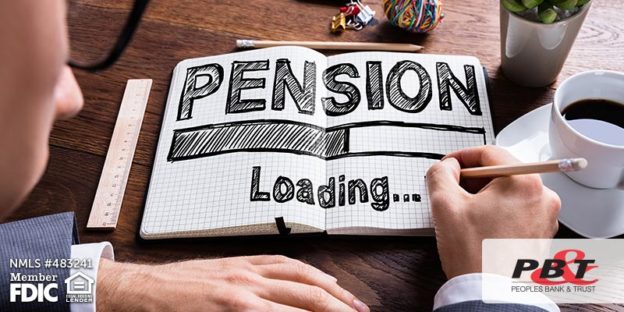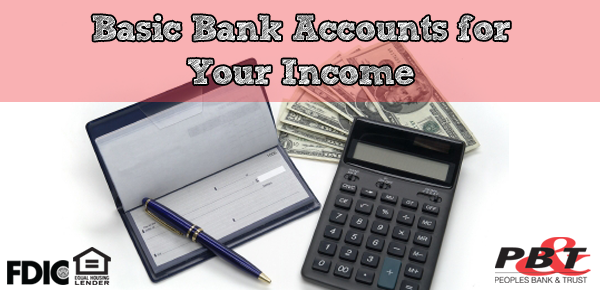Over the years, we put away money for important events such as a baby, college tuition, a new car or house. Those tangible items make it worth the amount we set aside. However, retirement is a harder concept to grasp, as it is far off into the future. For this reason, we wanted to help shed some light on how much is actually enough when saving for retirement.
How much do I save at my age?
Trying to figure out how much to save at any age can be tough, especially when saving for other items. A good rule of thumb for your 20s is to save 10% of your pre-tax income. When you come to your 30s and begin saving, you’ll need to save 15-20%. If you start saving in your 40s, 30% will be the number to save. These numbers help show how saving young will help you in the long run. The longer you wait to save, the more you’ll have to put away which creates a tighter budget.
Why do I have to save that much?
Knowing how much you’ll need for retirement is tricky. There is no one answer to this question. Some people may need to save more if they live a more luxurious lifestyle. For those who are frugal, they may not need to save as much. Start by figuring out how many years you may be retired for. The average is anywhere from 20 to 30 years. Take your annual income and multiply it by 25. For example, take your $40,000 annual income, multiply it by 25 and you’ll get $1,000,000. This is what your retirement profile should look like to live a very comfortable life. However, not all people will reach this goal, but it’s important to know how much you can expect to have saved when retirement comes.
Where are you at financially?
It’s important to look at where you are at right now. What age are you and how much have you saved? Will you be getting a different job with a higher salary or will you plan on retiring early? Looking at your life and figuring out what your future holds will help you learn the amount you should be putting towards retirement. If you planned on retiring early, for example, you’ll have to save a lot more ahead of time.
Do you plan to invest?
Investing is a great way to make extra money on the side. Work with a trusted company or person, find what accounts you’d like to invest in and what way you’ll choose to invest. When you make the right investments, you’ll be able to save less for retirement.
Thinking this far into the future can be intimidating. While having all types of things to save for and bills due right now, it’s easy to forget about saving for retirement. Push yourself to start putting away the correct amount you need, so you’re not unprepared when the time for retirement comes near. We offer some amazing savings accounts and other options to grow your money. Contact us today to learn more about how our products can help you!
Peoples Bank & Trust Co.
Member FDIC
Equal Housing Lender



